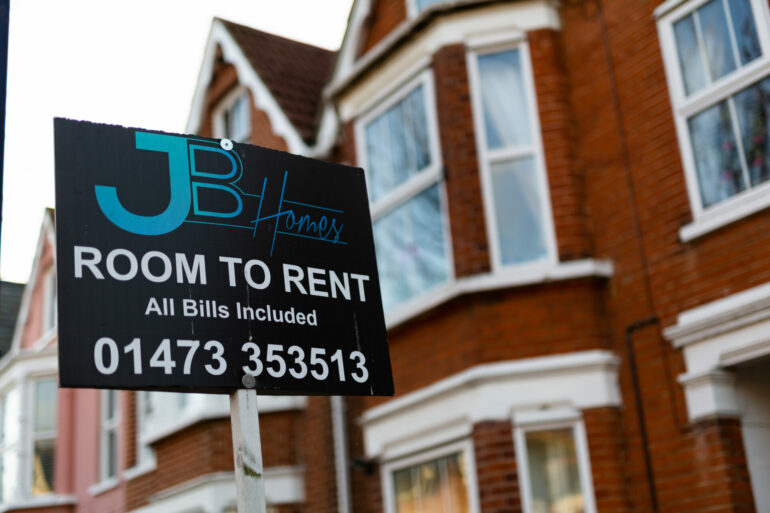More than half of tenants in England (53%) have seen their rent rise since the Renters’ Rights Bill was introduced to Parliament in September 2024, according to research from Go.Compare home insurance.
The study found the Bill’s announcement may have triggered a wave of rent hikes ahead of its expected implementation in late 2025 or early 2026.
By comparison, just 38% of renters reported increases in the months before the bill was tabled, and only a third experienced rises across all of 2023.
The legislation is set to abolish no-fault evictions and give tenants greater power to challenge above-market rent increases.
However, Go.Compare estimated that 2.5 million households have already faced rent hikes since the bill was first announced.
Average rents have risen by around 4% – equal to £58 per month – leaving tenants collectively paying an extra £147m in rent every month.
Smaller properties have seen the sharpest increases, with one-bedroom homes up 4.8% (£52 per month) since September 2024.
Larger homes recorded smaller rises, averaging 3.7% for four-bedroom properties or more.
By property type, flats and maisonettes experienced the steepest hikes, up 4.7% (£62 per month), while detached homes saw the lowest increase at 3.6% (£54 per month).
The research also found a slight increase in ‘accelerated possession orders’ since the Bill’s introduction.
Although the number of Section 21 notices has remained steady, the number of possession orders rose by 1% and bailiff-led repossessions climbed by 10% compared with the same period the year before.
Nathan Blackler, home insurance expert at Go.Compare, said: “These latest figures indicate that the Renters’ Rights Bill could have had an unwanted side effect on tenants, more of whom seem to be dealing with rent rises since the announcement. Renters should be aware that costs could increase ahead of the bill taking effect.
“If you do experience a rent rise, remember that your landlord must follow certain rules before doing so, like those outlined in your contract, and you can challenge the rise if these haven’t been adhered to.
“Similarly, a Section 21 notice can be appealed if not served correctly. Consider contacting Citizens Advice to explore your options if this happens to you.
“If you’re evicted, you’ll need to let your insurer know that your address has changed. It can also be worth comparing policies if your rent goes up to help alleviate the extra expenses from the rise, as you might find the same level of protection for a lower price.”




